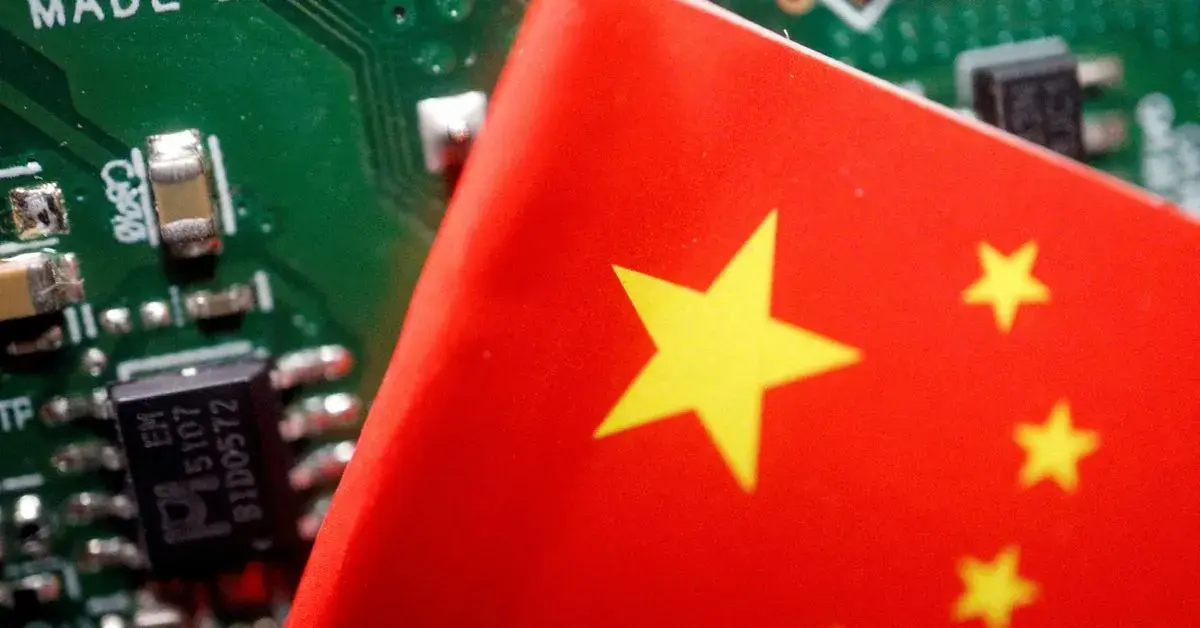- cross-posted to:
- technology@lemmy.world
- cross-posted to:
- technology@lemmy.world
Smells like lobbyists in here.
The important thing about RISC-V is that it’s a completely open CPU architecture that could be competitive with ARM. It’s arguably the best chance we have at performant computing hardware that doesn’t spy on us or become useless after just a few years. We need this.
Blocking its development would be a big win for certain corporations, and a loss to basically everyone else. The AutoTL;DR bot didn’t capture that side of the issue, but a quote in the article does allude to it:
“It would be like banning us from working on the internet,” Kang said. “It would be a huge mistake in terms of technology, leadership, innovation and companies and jobs that are being created.”
I don’t understand what you mean. Why does ARM hardware become obsolete after a few years? Lacking ongoing software support and no mainline Linux?
What does that have to do with the instruction set license? If you think RISC-V implementors who actually make the damn chips won’t ship locked hardware that only run signed and encrypted binary blobs, you are in for a disappointing ride.
Major adopters, like WD and Nvidia didn’t pick RISC-V over arm for our freedoms. They were testing the waters to see if they could stop paying the ARM tax. All the other stuff will stay the same.
Why does ARM hardware become obsolete after a few years? Lacking ongoing software support and no mainline Linux?
Correct. (And firmware support.)
What does that have to do with the instruction set license?
Barrier to entry (cost) and license restrictions (non-disclosure) are generally problematic for anyone wanting to ship open hardware.
If you think RISC-V implementors who actually make the damn chips won’t ship locked hardware that only run signed and encrypted binary blobs, you are in for a disappointing ride.
I don’t think anyone expects existing ARM device makers to change their behavior with RISC-V. Rather, RISC-V opens the door to new players who do things differently.


